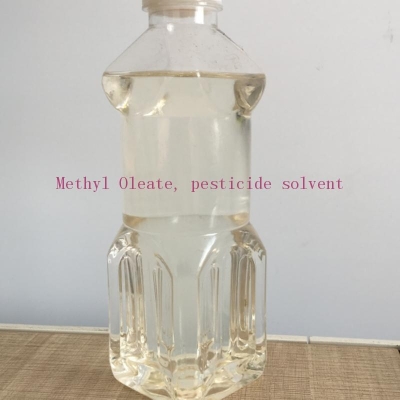-
Categories
-
Pharmaceutical Intermediates
-
Active Pharmaceutical Ingredients
-
Food Additives
- Industrial Coatings
- Agrochemicals
- Dyes and Pigments
- Surfactant
- Flavors and Fragrances
- Chemical Reagents
- Catalyst and Auxiliary
- Natural Products
- Inorganic Chemistry
-
Organic Chemistry
-
Biochemical Engineering
- Analytical Chemistry
-
Cosmetic Ingredient
- Water Treatment Chemical
-
Pharmaceutical Intermediates
Promotion
ECHEMI Mall
Wholesale
Weekly Price
Exhibition
News
-
Trade Service
According to Yonhap News Agency, when bacteria invade, plants will produce antibacterial substances or cause local cell necrosis to prevent further spread of bacterial infections
.
But the latest research has discovered a new defense mechanism, that is, plants will hide the food that bacteria depend on-sugar into the cells to achieve the purpose of starving the bacteria to death
.
Scientists are expected to use this discovery to develop a new type of pollution-free pesticide
.
Yoshitaka Takano, a professor of plant pathology at Kyoto University in Japan, and his team discovered that one of the Arabidopsis thaliana species in rape has a defense mechanism against the spread of bacterial infection.
The research paper was published on the 25th in the American journal Science, the Asahi Shimbun and Japanese media such as "Mainichi Shimbun" also reported on this
.
Plant leaves contain sugar accumulated through photosynthesis, and invading bacteria use these sugars as food
.
The research team noticed that there are proteins in plant leaves that are responsible for transferring sugars accumulated through photosynthesis between cells to the inside of cells
.
When bacteria invade, these proteins are activated to carry sugar into the cell and avoid providing food to the bacteria
.
.
But the latest research has discovered a new defense mechanism, that is, plants will hide the food that bacteria depend on-sugar into the cells to achieve the purpose of starving the bacteria to death
.
Scientists are expected to use this discovery to develop a new type of pollution-free pesticide
.
Yoshitaka Takano, a professor of plant pathology at Kyoto University in Japan, and his team discovered that one of the Arabidopsis thaliana species in rape has a defense mechanism against the spread of bacterial infection.
The research paper was published on the 25th in the American journal Science, the Asahi Shimbun and Japanese media such as "Mainichi Shimbun" also reported on this
.
Plant leaves contain sugar accumulated through photosynthesis, and invading bacteria use these sugars as food
.
The research team noticed that there are proteins in plant leaves that are responsible for transferring sugars accumulated through photosynthesis between cells to the inside of cells
.
When bacteria invade, these proteins are activated to carry sugar into the cell and avoid providing food to the bacteria
.







